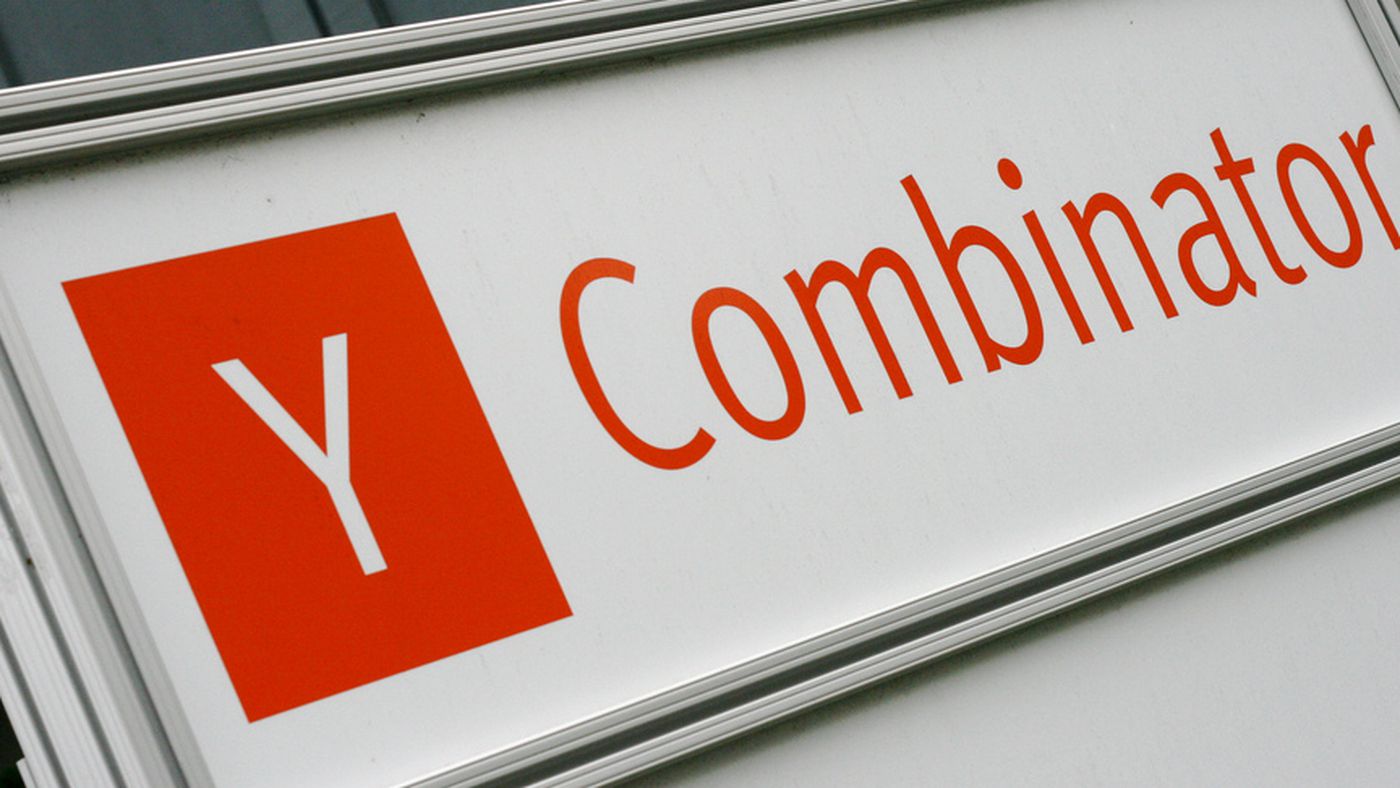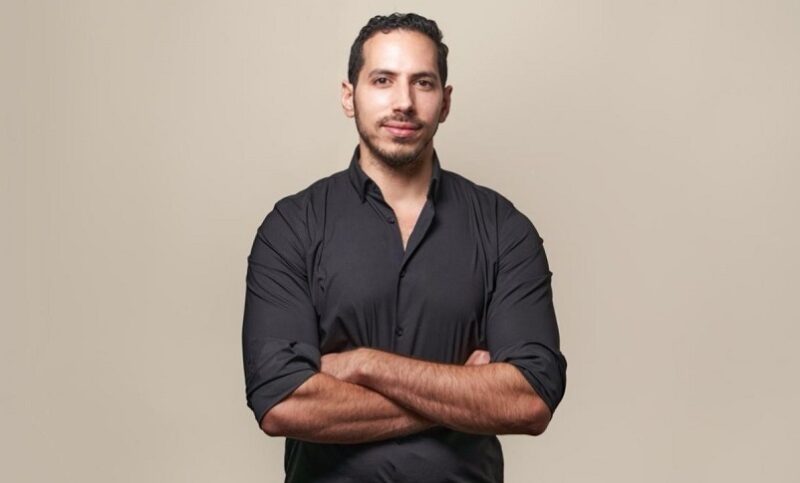Egyptian fintech firm Munify raised $3 million in seed funding led by Y Combinator and joined by BYLD, Digital Currency Group (DCG), among others.
Munify was founded in 2024 by Khalid Ashmawy, a Microsoft and Uber ex-employee and co-founder of proptech platform Huspy. The fintech aims to build a cross-border digital bank that would be especially designed for Egyptians abroad. Its offerings comprise remittance transfers to Egypt, U.S. bank account opening, debit card issuance, and foreign exchange.

The company’s platform facilitates real-time transfers, provides the customer with access to Egyptian banking outside Egypt, and provides foreign exchange to mitigate currency risks.
Munify was part of Y Combinator’s Summer 2025 batch, one of the limited number of fintech startups from the Middle East and North Africa (MENA) region that made it into the batch. Munify is already live in the United States, the United Kingdom, the European Union, and the Gulf Cooperation Council (GCC) countries.
They offer services to freelancers, SMEs, and Egyptian expatriates sending money back home. They are among the most prominent in the remittance industry, where high charges and delays are still the general rule of thumb.
Egypt receives approximately $30 billion annually in remittances alone, as per the World Bank, and is among the world’s leading destinations. The industry contributes the lion’s share of Egypt’s foreign exchange and a large percentage of family incomes nationwide.
Munify’s seed funding round


Munify announced that its seed funding of $3 million will go towards scaling its engineering and compliance team, strengthening its connection with regulators and banks, and growing into new regional and international markets.
The startup also informed that it has signed deals with second-tier businesses, whereby it would be able to move beyond single-consumer remittances to business payment flows. Revenue streams will be: Foreign exchange spreads, Interchange fees on debit card transactions, and Business payment services.
Its major backer, Y Combinator, has also backed fintech startups with the same playbook in other emerging markets in the past. It has LemFi in Nigeria and Aspora in India, both of which cater to diaspora communities with remittance and digital banking solutions.
The round was also joined by BYLD and Digital Currency Group (DCG), investors in fintech and digital banking businesses. They invest money, as well as introductions to partners’ and banks’ networks.
Munify marked the growth period of the times to come as it is planning to expand its business payment services and increase in the Middle East. The company aims to “add corporate payroll, trade payments, and collection services to its portfolio on top of servicing individuals.”
The company is also building towards future Series A and Series B funding, which is usually used for market penetration, acquiring bigger customers, and gaining more regulatory licenses.


Remittance Fees and Global Standards
The United Nations SDG remittance fee targets reducing the transfer fee to 3 per cent for a $200 transaction. Present worldwide averages remain higher than that goal. Fintech industry players are building models to push costs lower.
Munify is funded following a series of MENA fintech firms raising venture capital funding from international venture capital for remittances and digital banking. Institutional investment, regulatory approval cycles, as well as bank relationships will most likely dictate how the firm expands in consumer markets and business markets.
Egypt’s significant unbanked population and remittance inflow present it as an opportunity gap where digital-first solutions will expand. Remittances to Egypt remain at the summit of the financial system, where cross-border payments are a market with competition against traditional money transfer operators by new entrants.
Meanwhile, fintech startups have to deal with exchange rate risks, liquidity management, and regulatory charges. Seed investment is usually put into dealing with these aspects and devising competitive charges for clients.
With $3 million seed investment available and geographical presence, Munify will be rolling out services to Egypt’s diaspora and related business customers even further.








